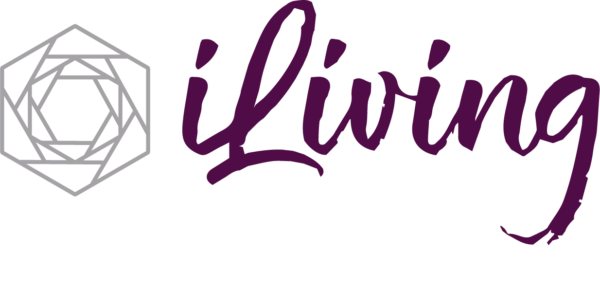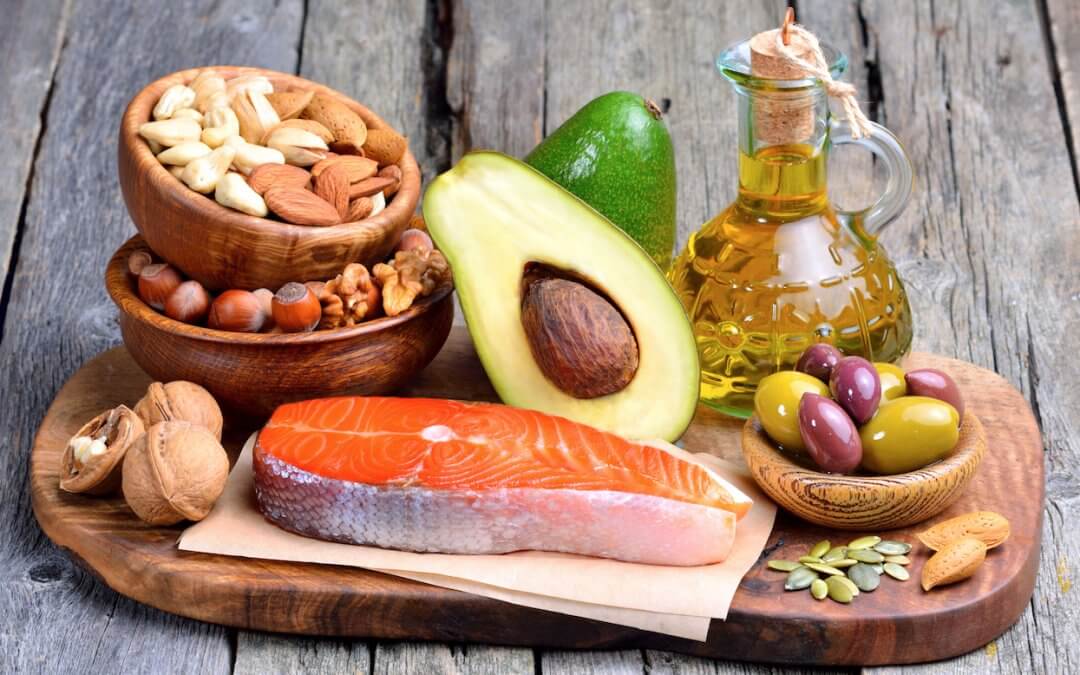Cholesterol gets a bad rep in many people’s eyes.
Part of the problem comes from confusion regarding cholesterol’s role in the body in the general public, and even among the medical community and nutritionists.
Cholesterol is an important component in our body. Cholesterol is required as a building block for the brain, bile acids, vitamin D, our sex hormones and steroid hormones. It is also a vital component in our cell membranes maintaining their integrity. In fact cholesterol is so vital that our body actually recycles it from excreted bile to ensure we have enough to meet demands for it. If we don’t eat enough cholesterol in our diet then our liver will produce it.
Cholesterol is a fatty molecule so it doesn’t mix well with our blood, therefore to be transported around the body it needs to be carried in something. This is where lipoproteins – the taxis for our cholesterol and other fats come in. There are three main forms of lipoproteins- HDL or high density lipoproteins, LDL low density lipoproteins and VLDL very low density lipoproteins. High density lipoproteins scavenge cholesterol from our cells and bloodstream including any arterial plaques and transport it back to the liver for processing. LDL cholesterol on the other hand transports fat from our liver to the cells where it is needed. VLDL cholesterol transports newly synthesised triglycerides from our liver to adipose tissue. Our body utilises all forms of lipoprotein bound cholesterol to function properly.
Many doctors will measure total cholesterol levels only but it is not the total cholesterol number that is important, it is the ratio of the types of cholesterol bound lipoprotein that is important.
HDL is beneficial as it mops up cholesterol from the body. LDL cholesterol although required by the body is prone to oxidative damage. LDL cholesterol can exist in two forms too- larger fluffier LDL cholesterol which is less prone to oxidising or smaller denser LDL which is highly prone to oxidation. Things like an inflammatory diet high in sugar or refined carbohydrates causes our body to produce more free radicals which can oxidise this LDL. Also a diet high in omega 6 fatty acids from vegetable fats such as canola is extremely inflammatory for our body and causes oxidative damage to our cell membranes and cholesterol molecules. Trans fats are a type of harmful fat for our body. They are also highly inflammatory to our body and found in processed foods such as hydrogenated vegetable oils and baked goods.
When LDL cholesterol becomes oxidised it is more susceptible to sticking to our artery walls. This becomes an even bigger problem when our body and the walls of our blood vessels are already damaged due to chronic inflammation in our body. This is when our arteries become clogged with hardened deposits, called atherosclerosis- when oxidised LDL meets inflammed blood vessel walls amd sticks to the surface. These arterial plaques get bigger over time and can eventually clog the coronary arteries or other small arteries completely resulting in a heart attack or stroke.
So what happens when we eat a high intake of fat in our diet? With saturated fats such as coconut oil or butter then our LDL cholesterol levels will rise as we have more fat in our diet. However our HDL cholesterol also increases for the same reason. This will affect our total cholesterol level but as both LDL and HDL cholesterol tend to rise by the same proportion the ratio of LDL to total cholesterol is unaffected. In addition saturated fat actually increases the quality and size of our LDL cholesterol to the fluffier harmless form of LDL, making it less likely to cause heart disease.
If we eat a diet high in omega 6 fatty acids both our HDL and LDL cholesterol levels will increase. However, omega 6 fatty acids cause our LDL molecules to become smaller, denser and more prone to becoming oxidised. It is these small oxidised particles that are the biggest health risk
Danger of a Low Fat Diet
What happens if we eat a “low fat diet”? Well such diets tend to make up for being low in fat by being higher in sugars and refined carbohydrates. Sugar is actually more of a significant factor in raising our LDL cholesterol. When we have a high sugar intake this sugar is converted to fat in the liver which correspondingly increases our VLDL cholesterol as this excess fat needs to be taken away from the liver where it is produced to our adipose tissue where out body stores fats. VLDL cholesterol is also very susceptible to oxidation too. HDL cholesterol does not increase as much as our body already has a surplus of fat so does not need to bring more fat and cholesterol back to the liver. Therefore this causes a significant increase in the LDL to total cholesterol ratio. In addition as it is the smaller denser form of LDL it is much more susceptible to oxidative damage and arterial plaque formation.
Our Recommendation
Fat is an essential food group and fat is your friend! We need QUALITY fats in our diet, just as we need quality carbohydrates and proteins.
Especially children in the developmental age who need quality fat for the development of their brain and many of us who lead a sedentary lifestyle but are active mentally. We need quality fats to support a healthy nervous system.
This fat should come from healthy saturated fats such as coconut oil or grass fed butter/ ghee if you can handle dairy. In addition we also need to ensure a high level of omega 3 fatty acids in the diet with a low omega 6 ratio to reduce inflammation in our body. This omega 3 fatty acids should come from oily fish, eggs, and nuts and seeds (such as sacha inchi and flax. We also need a source of monounsaturated fats, these come from avocado, olive oil and macadamia nuts. Limit your intake of omega 6 oils such as canola oil or vegetable oil as well as fried foods and trans fats found in processed foods.
Finally, one person’s medicine can be another’s poison also.
For example, from our Bioresonance food testing experience, not everyone can handle certain nuts, seeds or oils well. Finding out what foods strengthen you and weaken you can give you peace of mind and make a significant difference to your wellbeing.

